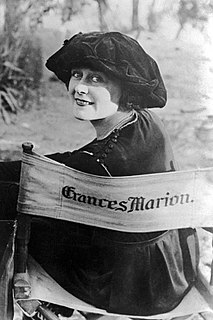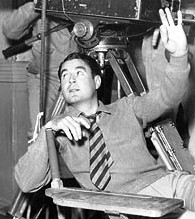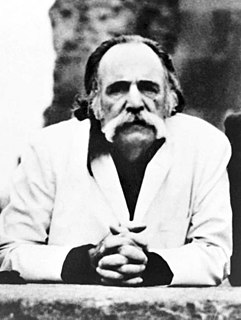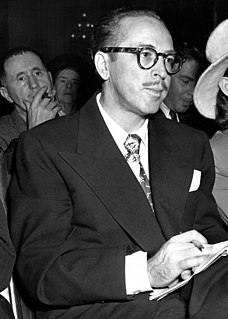 W
WLysander Pierre Collings, known professionally as Pierre Collings, was a writer and filmmaker who, along with Sheridan Gibney, won two Academy Awards in 1936 for The Story of Louis Pasteur. Their screenplay was adapted from their own work, leading to awards for both Best Adapted Screenplay and Best Story.
 W
WClemence Dane was the pseudonym of Winifred Ashton, an English novelist and playwright.
 W
WBen Hecht was an American screenwriter, director, producer, playwright, journalist, and novelist. A journalist in his youth, he went on to write 35 books and some of the most entertaining screenplays and plays in America. He received screen credits, alone or in collaboration, for the stories or screenplays of some seventy films.
 W
WFrances Marion was an American screenwriter, journalist, author, and film director, often cited as one of the most renowned female screenwriters of the 20th century alongside June Mathis and Anita Loos. During the course of her career, she wrote over 325 scripts. She was the first writer to win two Academy Awards. Marion began her film career working for filmmaker Lois Weber. She wrote numerous silent film scenarios for actress Mary Pickford, before transitioning to writing sound films.
 W
WThomas Leo McCarey was an American film director, screenwriter, and producer. He was involved in nearly 200 movies, the most well known today being Duck Soup, Make Way for Tomorrow, The Awful Truth, Going My Way, The Bells of St. Mary's, My Son John and An Affair To Remember.
 W
WEmeric Pressburger was a Hungarian-British screenwriter, film director, and producer. He is best known for his series of film collaborations with Michael Powell, in a collaboration partnership known as the Archers, and produced a series of films, including 49th Parallel (1941), The Life and Death of Colonel Blimp (1943), A Matter of Life and Death, Black Narcissus (1947), The Red Shoes (1948), and The Tales of Hoffmann (1951).
 W
WWilliam Saroyan was an Armenian-American novelist, playwright, and short story writer. He was awarded the Pulitzer Prize for Drama in 1940, and in 1943 won the Academy Award for Best Story for the film The Human Comedy. When the studio rejected his original 240-page treatment, he turned it into a novel, The Human Comedy.
 W
WJames Dalton Trumbo was an American screenwriter and novelist who scripted many award-winning films including Roman Holiday (1953), Exodus, Spartacus, and Thirty Seconds Over Tokyo (1944). One of the Hollywood Ten, he refused to testify before the House Un-American Activities Committee (HUAC) in 1947 during the committee's investigation of Communist influences in the motion picture industry.
 W
WWilliam Augustus Wellman was an American film director notable for his work in crime, adventure, and action genre films, often focusing on aviation themes, a particular passion. He also directed several well-regarded satirical comedies. Beginning his film career as an actor, he went on to direct over 80 films, at times co-credited as producer and consultant. In 1927, Wellman famously directed Wings, which became the first film to win an Academy Award for Best Picture at the 1st Academy Awards ceremony. Under his direction, the 1937 film A Star Is Born won the Academy Award for Best Story.
 W
WPhilip Yordan was an American screenwriter of the 1940s, 1950s and 1960s who produced several films. He acted as a front for blacklisted writers although his use of surrogate screenwriters predates the McCarthy era. His actual contributions to the scripts he is credited with writing is controversial and he was known to some as a credit-grabber. Born to Polish immigrants, he earned degrees from both University of Illinois and Chicago-Kent College of Law.